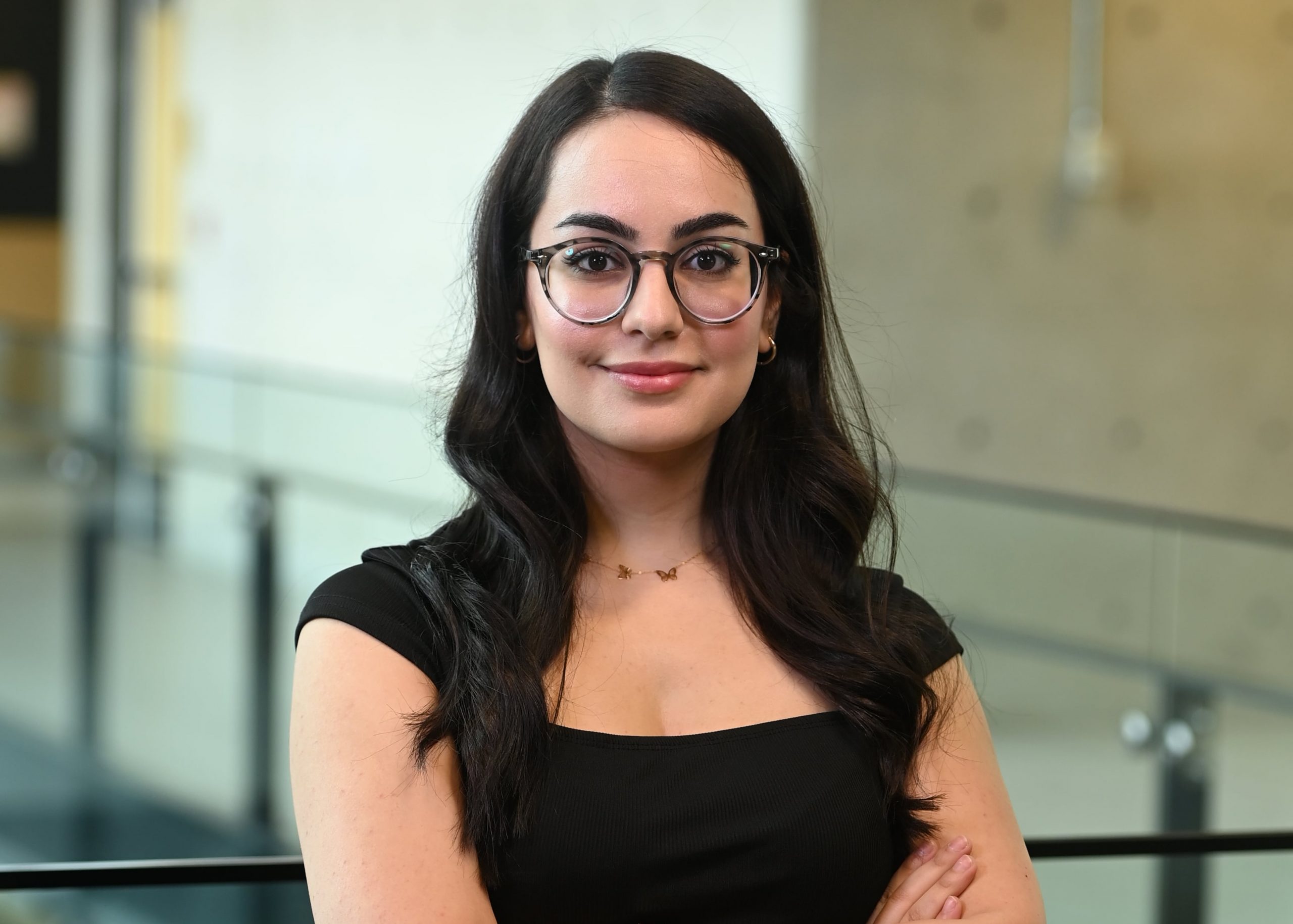
What we know about love
Finding “the one” is nothing short of magical. A person with no red flags and all green flags, who always makes us feel loved and special, who never disappoints us. They become best friends with our best friends and want the same things we do and they’re exactly our type. There’s no doubt that being with the perfect person is every bit as wonderful as the fairytales and rom coms have made it out to be.
At least, it sounds that way. I’ve never actually met anyone who truly thinks their relationship is perfect, so I wouldn’t know. Which could mean that 1) perfect relationships don’t exist or 2) they’re so rare that they might as well not exist.
Yet many of us cling to the hope that somewhere out there, the perfect relationship awaits us. We turn potential candidates down because their jokes aren’t funny, or they’re blonde and we’re into brunettes, or our parents don’t like them, or they’re too messy, or maybe they’re great in so many ways but they just don’t get us. The relationships we get into are haunted by what ifs. What if I’m “settling”? What if there’s someone even more perfect? What if they’re just around the corner?
But what if they’re not?
The more we believe that perfect relationship is possible, the harder it gets to accept the imperfection of the person sitting across from us. We focus on who they’re not instead of who they are. We don’t spend time or energy getting to know them. We continue to live in a mirage of the future that pulls us further and further from the present.
What if the only way to find the perfect relationship is to accept that it doesn’t exist? When we are open-minded, when we ask questions, when we take the time to get to know someone—it is here that we feel more curious than critical. When we realize that imperfection is human, we allow ourselves the possibility to learn about love. We give ourselves a chance to build a relationship that’s enough.
And as the idiom goes, “enough is as good as a feast.”
What is “good enough”?
Between having expectations that are too high and too low is the middle ground of a “good enough” relationship.
This isn’t a relationship that is unhealthy, abusive, or toxic. This isn’t a relationship that asks us to consistently neglect our needs. We still expect love, kindness, respect, loyalty. We still expect a good relationship. We just don’t expect perfection.
Why this changes everything
A “good enough” relationship sounds underwhelming and anticlimactic, but it’s our best shot at love. Instead of expecting our partners to be there every single time we need them, we’re okay with them being there most of the time. We don’t take off at the first sign of disagreement, but accept conflict as inevitable.
We expect mistakes, we expect challenges, we expect imperfection. We learn that our partners will let us down sometimes, and more importantly, that we can move past it. We see our partners as human beings, flaws and quirks and all. We learn and we grow. Best of all, we begin to see that a perfect relationship as one that is built, not found.










